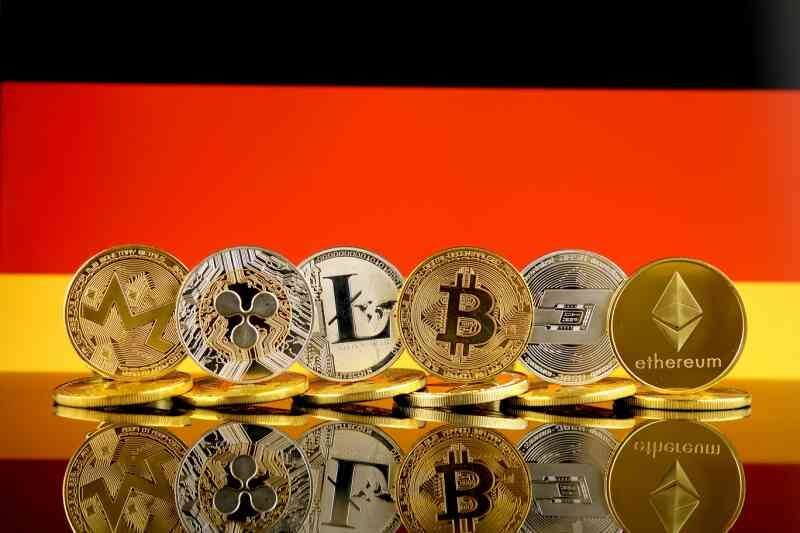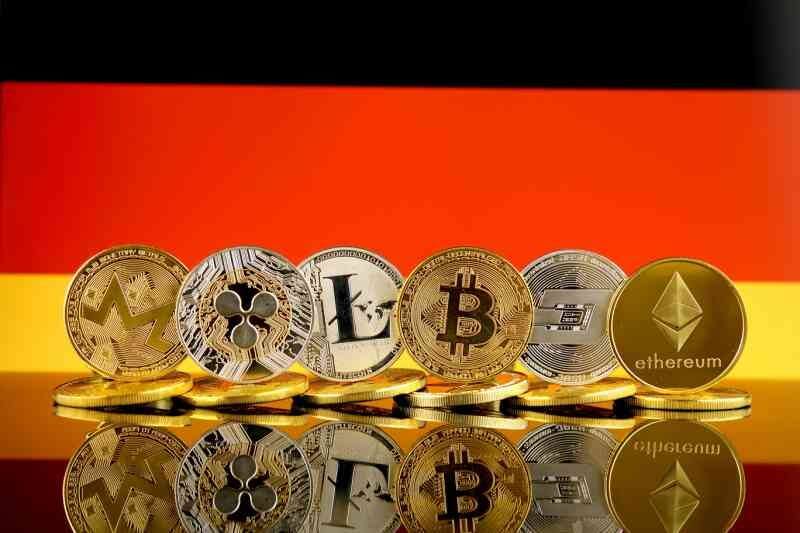
A new German crypto law will come into force at the start of 2020. This change will allow banks to sell and also to store digital currencies. Exchanges and other coin custody providers will need to apply for a license under these new rules. Could this make Germany into a major cryptocurrency centre?

The Full Story
This new piece of legislation was passed by the German parliament. It had been approved earlier in November by the Bundestag, which is the lower house of the German Parliament. Now, the upper house, called the Bundesrat, has also given the bill the go-ahead.
It comes into force on the 1st of January 2020. Existing cryptocurrency exchanges and other custody providers will need to arrange a license under the new regulations before the end of this year.
Technically speaking, the law amends part of the European Union’s Fourth Anti-Money Laundering Directive. This is the part that currently stops banks from handling cryptocurrencies.
The change ensures that German banks are now able to store and sell these coins. This means that they can handle them in the same way as stocks and bonds. The law will apply to retail customers, as well as to institutional clients.
How Do Exchanges Get Licensed?
The German regulator is called BaFin. Any exchange that wants to operate in the country will need to get a license from them. A number of big-name exchanges already operate here. They include Kraken, eToro and Changelly, among others.
To obtain a license, they need to have a Germany legal entity. This entity needs to have two directors and be operating by the end of this year. It is important that they provide details of their intention to BaFin before 2019 ends.
What Will the Impact of the German Crypto Law Be?
The German economy is the fourth biggest in the world. They are also in the top 20 countries in terms of population size.
By regulating digital currencies, the government there are making it easier for citizens there to get involved. There is now a clear legal framework in place to protect investors. This could lead to millions of people looking at Bitcoin (BTC) and other currencies for the first time.
Some analysts have already suggested that this could make Germany a sort of crypto heaven. With many countries still to put their legal framework in place, Germany has gained an important head start.
It will be interesting to see if this move leads to a big increase in cryptocurrency use here. There is also the chance that Germany will become a leader in the blockchain industry thanks to this change.

